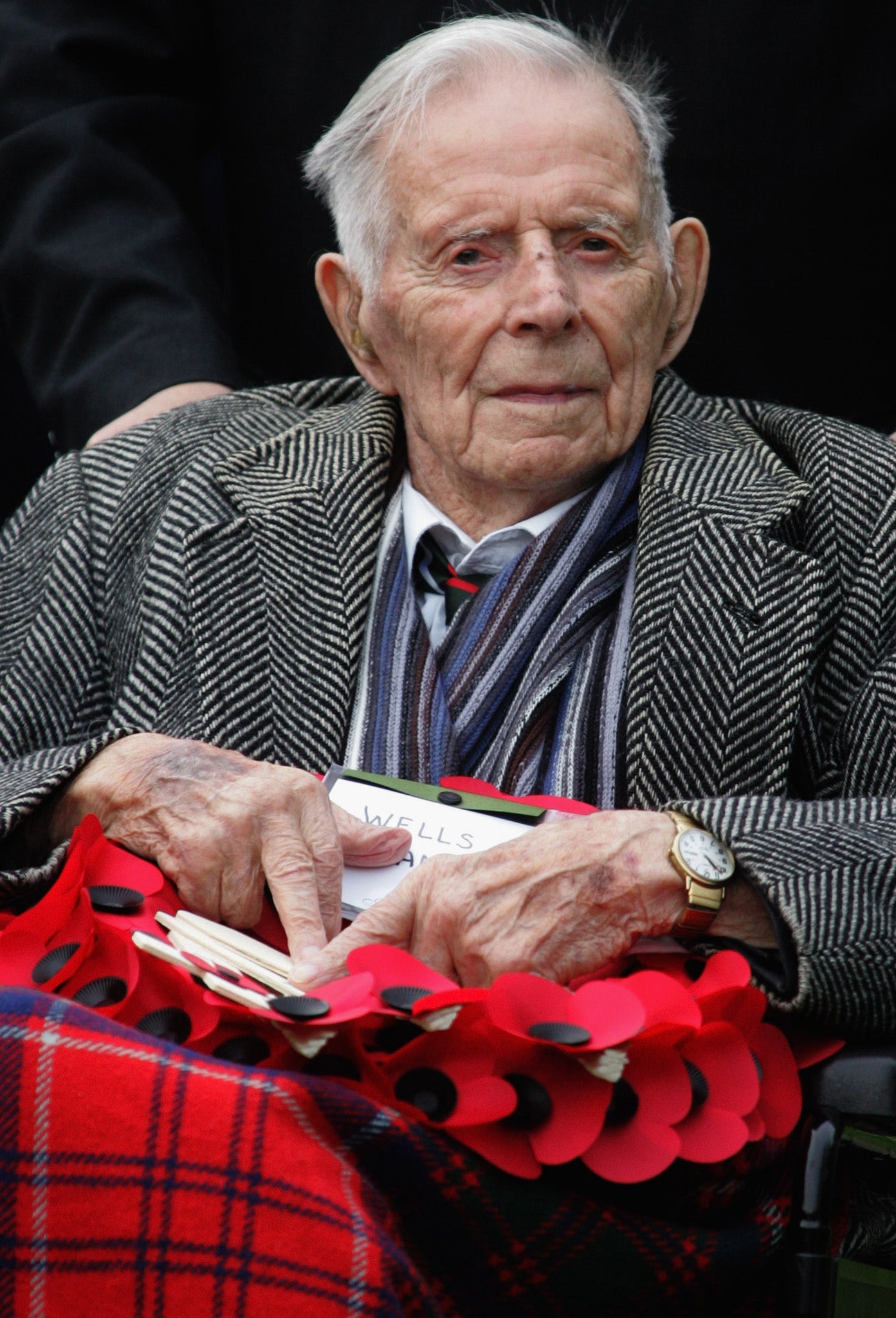Communities Secretary Eric Pickles says 2014's £50m World War I commemorations must not turn into 'anti-German festival'
A four-year cultural programme to ensure memories of the First World War are not forgotten is to be directed by Jenny Waldman

The £50 million plans to mark the centenary of the First World War will include a series of events with the countries Britain fought against, as the Government seeks to avoid an outpouring of anti-German, Austrian and Turkish sentiment.
Communities Secretary Eric Pickles said this morning: “It would be a tremendous tragedy if this became an anti-German or anti-Turkish festival,” although he added: “Equally it would be a tragedy if we forgot what happened; if we forgot why we fought, and who won.”
To mark a hundred years since the start of The Great War on 4 August next year, there will be a service for commonwealth leaders at Glasgow Cathedral and a candle-lit vigil in Westminster Abbey.
The programme will focus on educating schoolchildren about how the war shaped history to the present day, and the theme is reconciliation.
After the death of the last British survivor of the trenches, Harry Patch, pictured, in 2009 the Government is keen to preserve the memories of the war for future generations “So those who fought and those who fell on Flanders’ fields are not forgotten”.
“I want people to discover the roots of the conflict and how it shaped the UK,” Mr Pickles said. “The fact that we are allies with France and with Germany and that in future generations won’t face that prospect is something worth celebrating while remembering the people who died.”
Culture secretary Maria Miller said the opening of the programme included an event at the St Symphorien Military Cemetery in Belgium, where as many German soldiers as British are buried, on the first day of the commemorations. “It’s a fitting place for us to come together with people from Germany and mark our shared history.”
Andrew Murrison, the Prime Minister’s special representative for the centenary commemoration, has held a series of talks with officials from Germany, Austria and Turkey over their involvement in the programme.
He said: “They are fully apprised of the need to engage, and the discussions I’ve had with the countries leads me to suppose they wish to commemorate this. They lost large numbers of people during the conflict and there will be pressure from their publics that they commemorate this loss.”
Dr Murrison added: “I don’t pick up any sense that any of those countries do not want to engage with this or do not want to contradict in any way the historical record.” He has also held talks with Ireland and the US over how they want to participate.
The plans include a project to give two pupils and a teacher from each state-funded secondary school in England the chance to visit the battlefields of the western front in a project costing £5.3m. Street names will also be changed to the names of winners of the Victoria Cross.
Details of the four-year cultural programme, which is to be directed by Jenny Waldman, who worked on the London 2012 Festival during the Olympics, were sketchy. It was revealed she will report to Vikki Heywood, chair of the Centenary Cultural Programming Board.
Ms Waldman has a planned budget of £10m of lottery money which will be matched by fundraising, and the organisers will work alongside the Imperial War Museums team.
Dr Murrison said a more comprehensive programme would be revealed in August, a year before the commemoration was due to start.
“This centenary will be unusual,” he said. “We’ve never done a four year anniversary before. It will be a marathon and not a sprint. It will contain the things you would expect and a few you might not.” He added there would be a “strong Commonwealth theme”.
As well as marking August 4, the programme will mark the centenary of other crucial dates from the conflict including the Gallipoli landings, the Battle of Jutland, the first day of the Battle of the Somme and Armistice Day among others.
Mr Pickles said: “As the First World War moves out of common memory into history, we’re determined to make sure these memories are retained.”
Join our commenting forum
Join thought-provoking conversations, follow other Independent readers and see their replies
Comments
Bookmark popover
Removed from bookmarks